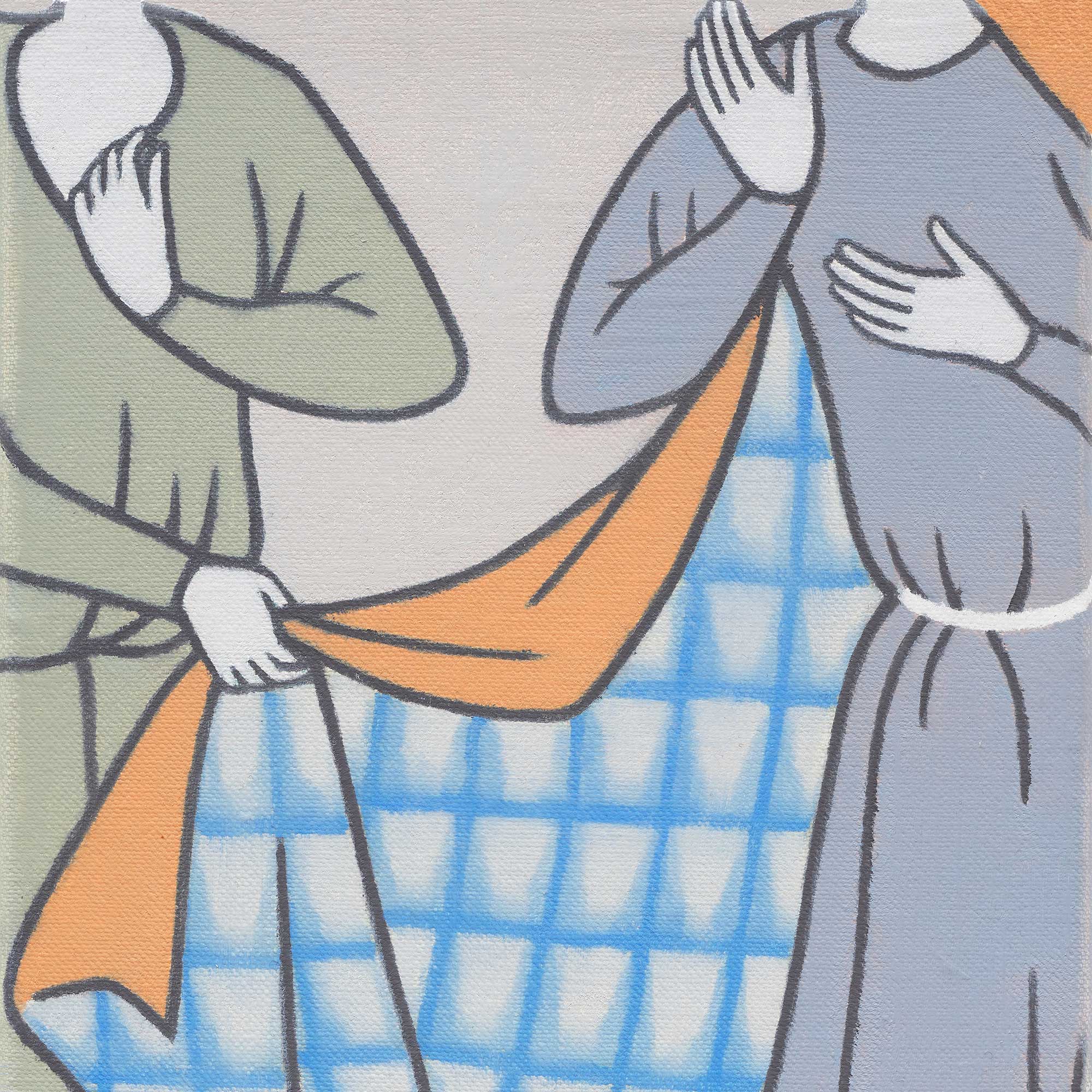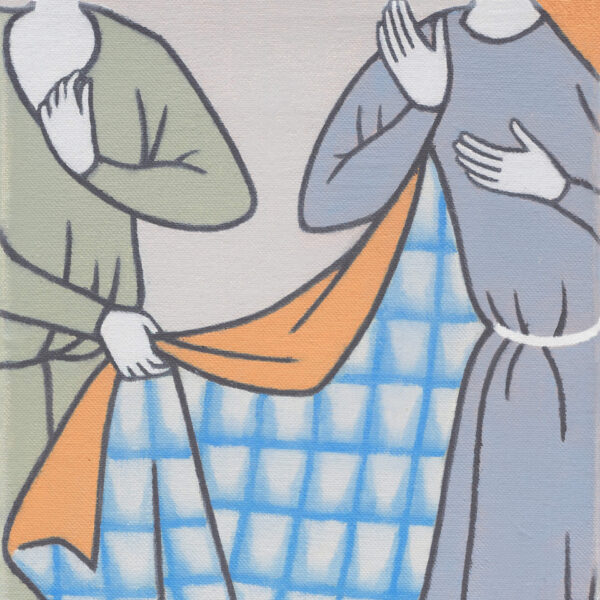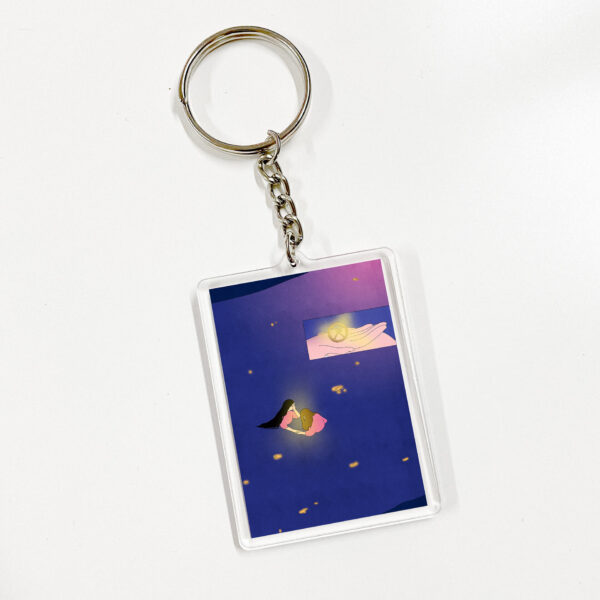The slow, unstoppable course of the existence of every little thing – Original music and lyrics inspired by the last scene of Chaitanya Tamhane’s film “The Disciple”.
Yo planté un árbol,
semilla de tamarindo.
Estaba junto a un pozo.
Oh oh oh oh, junto a un pozo.
Yo miré en el agua
el oro que se reflejaba.
La cara me lavaba
Oh oh oh oh, en el agua.
El pozo dio peces
y el árbol, buena sombra.
Oh oh oh oh, dio peces
Oh oh oh oh, dio sombra.
Un día junto al pozo
llegó una cierva.
Se dispuso en la sombra
y parió solita.
Oh oh oh, fueron cinco,
cinco cervatillos.
Y cuatro bebieron
voraces de su madre.
El árbol fue tumba
del quinto cervatillo.
Oh oh oh oh, el árbol
Oh oh oh oh, fue tumba.
Un gorrión pequeño
en su canción lo advertía:
“Oh oh, la vida es breve,
la sed y el pozo, infinitos.”
Los peces besaban
la moneda de plata
y hacia el fondo nadaban
Oh oh oh oh, del agua.
Y en lo profundo
la sed decía:
Oh oh oh oh, ¿qué buscas?
Oh oh oh, ¿tú qué buscas?
Yo planté un árbol,
semilla de tamarindo.
Oh oh oh, ¿tú qué buscas?
Oh oh oh oh, ¿qué buscas?
***
I planted a tree,
a tamarind seed.
It was beside a well.
Oh oh oh oh, beside a well.
I looked in the water,
the gold reflected there.
Washed my face
Oh oh oh oh, in the water.
The well gave fish
and the tree, good shade.
Oh oh oh oh, it gave fish
Oh oh oh oh, it gave shade.
One day a deer came
beside the well.
It lay in the shade
and gave birth all alone.
Oh oh oh, there were five,
there were five little fawns.
And four drank
thirstily from their mother.
The tree was the grave
of the fifth little fawn.
Oh oh oh oh, the tree
Oh oh oh oh, was its grave.
A little sparrow
warned in his song:
“Oh oh, life is short, but
thirst and the well have no end.”
The fish kissed
the silver coin
and swam to the bottom
Oh oh oh oh, of the water.
And in the depths
thirst said:
Oh oh oh oh, what do you seek?
Oh oh oh, what do you seek?
I planted a tree,
a tamarind seed.
Oh oh oh, what do you seek?
Oh oh oh oh, what do you seek?







